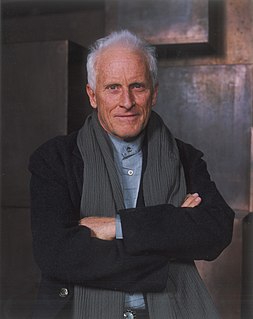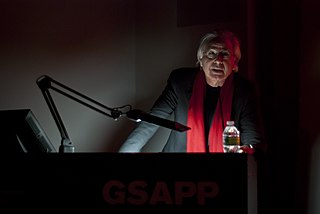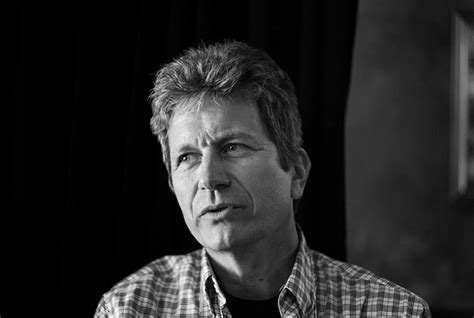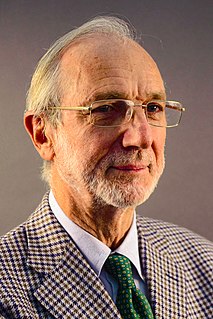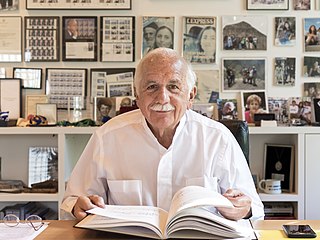A Quote by Arthur Erickson
Architecture doesn't come from theory. You don't think your way through a building.
Related Quotes
My dad, he's definitely one of greatest writers of his generation. There is no question about it. When you are that good, when work is that good, you have to appreciate every aspect of it. It's the architecture of it, it's like looking at a Frank Lloyd Wright building or a Lautner building, it's master craftsmanship. Every aspect of it intertwines in a perfectly harmonious way. That's what architecture is at its best and the architecture of my father's music is on that level.
I was working with actors who were very easy to work with, but I can just imagine how, with all the other decision-making problems that come up along the way, in addition to that, the whole point of what your doing is following performance and character development. You're building your story with those building blocks, and it is not easy. I've only come out with more respect for directors, from this.
Psychotherapy makes every problem a subjective, inner problem. And that's not where the problems come from. They come from the environment, the cities, the economy, the racism. They come from architecture, school systems, capitalism, exploitation. They come from many places that psychotherapy does not address. Psychotherapy theory turns it all on you: you are the one who is wrong.
Architecture is art. I don't think you should say that too much, but it is art. I mean, architecture is many, many things. Architecture is science, is technology, is geography, is typography, is anthropology, is sociology, is art, is history. You know all this comes together. Architecture is a kind of bouillabaisse, an incredible bouillabaisse. And, by the way, architecture is also a very polluted art in the sense that it's polluted by life, and by the complexity of things.
When we come to understand architecture as the essential nature of all harmonious structure we will see that it is the architecture of music that inspired Bach and Beethoven, the architecture of painting that is inspiring Picasso as it inspired Velasquez, that it is the architecture of life itself that is the inspiration of the great poets and philosophers.
Constraint theory asks: What is the price for doing this? Now one way around constraint theory is declaring your enemy crazy. Crazy and stupid are not concepts used in forecasting. When people say they're really stupid or they're crazy, that's laziness. That means I don't want to think through their position or about what they're really going to do.
Architecture is not about building the impossible, which we can do if we have enough money and enough tools and enough computers. It is about building what is appropriate and about attaining beauty through such an approach. I describe this premise as 'inherent buildability', and I believe it is central to what I do.

